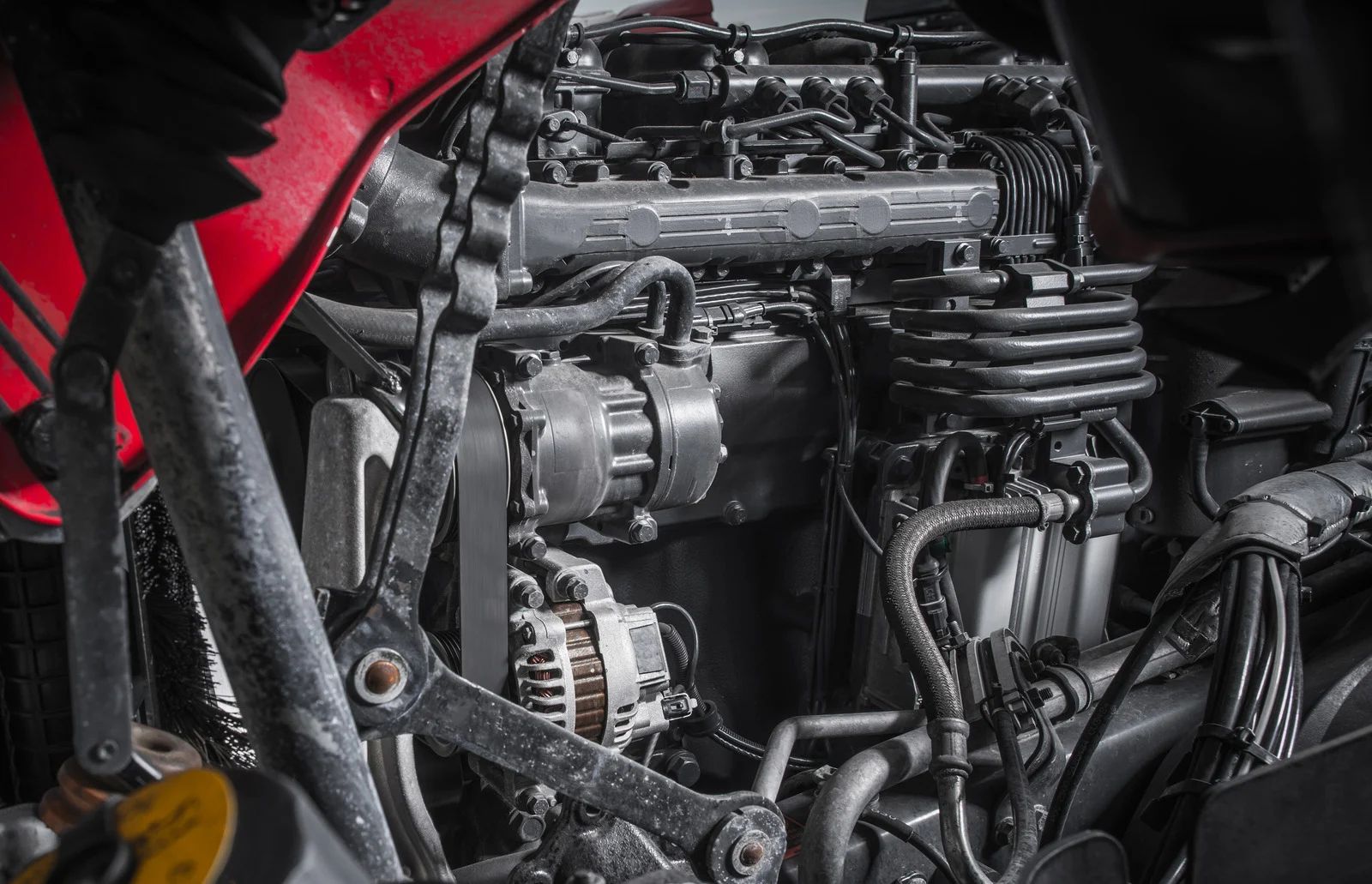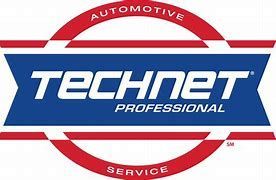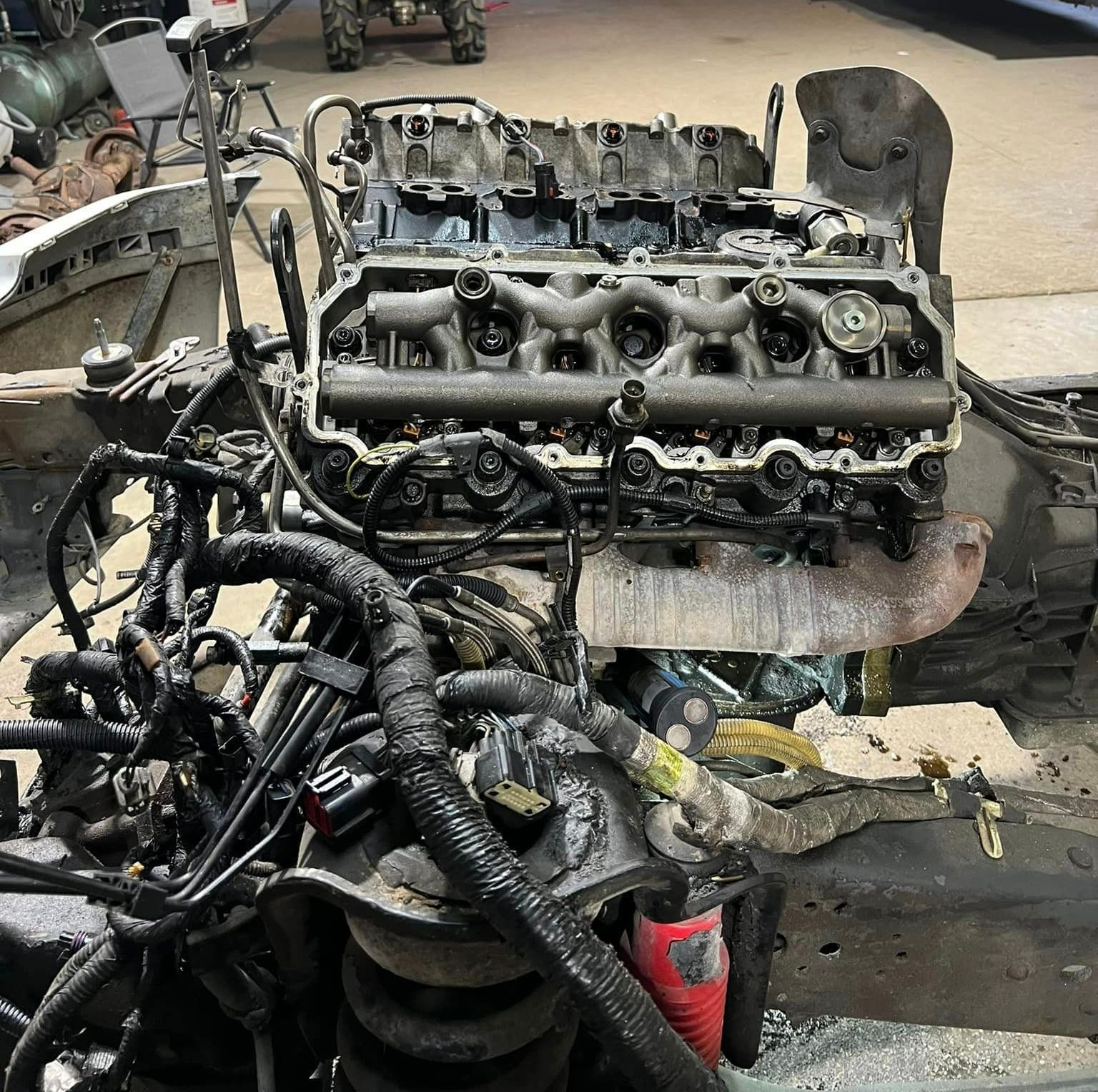How to Extend the Lifespan of Your Diesel Engine with Routine Inspections
Diesel engines are known for their durability and power, but they still require consistent care to perform at their best. Whether you're running a fleet of trucks or relying on a single heavy-duty vehicle, routine inspections can significantly influence engine health and prevent long-term damage.
Catch Problems Before They Escalate
Diesel engines operate under intense pressure and high temperatures. Without regular inspections, small issues can evolve into major engine failures. Cracks in hoses, worn-out belts, or a slight coolant leak may seem minor, but over time, these can reduce engine efficiency or cause breakdowns. Consistent inspections allow diesel mechanics to spot and fix these problems early, saving time and money on future repairs.
Maintain Fuel System Integrity
One of the most common sources of trouble in diesel engines is fuel contamination. Even trace amounts of water or debris in the fuel can clog injectors and lead to poor combustion. Routine inspections include checking fuel filters, fuel lines, and the tank itself for any signs of damage or contamination. Keeping this system clean and functioning ensures smoother engine performance and a longer operational lifespan.
Monitor Oil Condition and Levels
Oil plays a vital role in lubricating moving parts and managing engine temperature. However, diesel oil degrades over time, collecting soot and carbon that can thicken the oil and hinder lubrication. Inspections allow technicians to monitor oil quality and check for signs of sludge or excessive wear metals. This insight helps determine when oil changes are truly needed, rather than relying solely on mileage estimates.
Inspect the Cooling System Regularly
Overheating is a serious risk for diesel engines, especially in vehicles hauling heavy loads or operating in hot environments. Routine inspections of the radiator, hoses, coolant levels, and the water pump help maintain the cooling system’s reliability. A compromised cooling system may not provide enough temperature control, which puts the engine at risk of overheating and permanent damage.
Evaluate the Electrical System
Diesel engines rely on electrical systems for ignition, glow plugs, sensors, and more. During inspections, technicians test the battery, alternator, and wiring for wear or corrosion. These checks keep electrical components functioning properly and reduce the chance of unexpected engine trouble caused by faulty connections or dead batteries.
Extend Turbocharger and Exhaust Life
Many diesel engines use turbochargers and after-treatment systems to improve efficiency and meet emissions standards. These components can wear down or become clogged if not monitored. Routine inspections help track the health of these systems, preventing soot buildup, excessive pressure, or restricted airflow that could affect engine output or lead to expensive replacements.
Keep Your Engine Running Like New
At The Real Deal Diesel, we’ve spent the past 15
years helping drivers and fleet owners in LaFollette, TN, keep their
diesel engines in peak condition. Our approach to routine inspections is built on deep mechanical knowledge and attention to detail. By focusing on preventative care, we help extend the life of every diesel engine that rolls into our shop. For expert service that keeps your equipment running strong, reach out to our team today.






